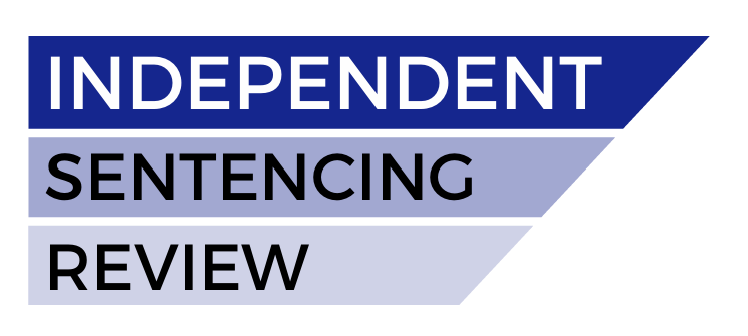
Developing services specifically for women engaged with the criminal justice system should not mean simply creating a single entry point or service for all women.
Nic Adamson, Chair of the Collective Voice Women’s Treatment Working Group, highlighted the value of specialist substance use services for women and the value of partnership whereby different specialisms/professionals collaborate.
David Gauke’s recently published sentencing review recognises a long-standing problem: that better support for women in the criminal justice system is long overdue.
Women face deep-rooted barriers including stigma, fear of losing children, trauma, and systems that simply weren’t built with them in mind.
These barriers aren’t new, but they remain stubbornly under-addressed. And they’re impacting too many lives.
The Government’s broader commitments to health, social care and tackling Violence against Women and Girls (VAWG) are encouraging. But they need to translate into real investment in and focus on women’s drug and alcohol services that are:
– Trauma-informed
– Shaped by women and responsive to individual need
– Joined up across the systems women move through.
The treatment sector has a critical role to play in achieving this, but it can sometimes feel like specialist services are side-lined in discussions, with policy makers reaching for simple, overarching solutions.
Developing services specifically for women engaged with the criminal justice system should not mean simply creating a single entry point or service for all women.
Each woman has her own individual circumstances, strengths and preferences, and our services should recognise and respond accordingly.
Services for every woman
With the Women’s Health Strategy in motion and VAWG firmly on the national agenda, we have a real chance to embed drug and alcohol use into that conversation.
Not as a standalone issue, but as part of women’s broader health and wellbeing.
By working with women’s organisations and networks and bringing together a range of specialist professionals – including, for example, women’s centres – we have the best chance of providing support that is culturally appropriate and relevant not just for ‘women’, but for every woman, whatever their background, experience and needs.
Specialist drug and alcohol treatment and recovery charities have a strong and growing track record of collaborating with organisations and groups embedded in local communities to make sure more people get the support they need in contexts and settings that work best for them.
Change Grow Live’s Barking and Dagenham service partners with Support When it Matters (SWIM), a charity committed to improving the life chances of African/Caribbean and Dual Heritage communities. Their Friday women’s group focuses on making positive choices, building resilience, and discovering strengths. This initiative has made a real difference. As Amy Merrifield, a SWIM Recovery & Support Worker, states, “When women are given a space to heal together, they don’t just rebuild their lives – they rediscover their power.” This best practice highlights the importance of creating environments where women can come together in a safe and supportive space.
Collective Voice is developing policy positions and practical solutions to help change the lives of women across the country for the better and we encourage the government to engage and draw on the expertise and experience of our members.
Working together we can make a huge difference to women’s lives across the country and make sure that women get the personalised support they need.
For more information about the Women’s Treatment Working Group visit their webpage on the Collective Voice website or get in touch.
Related Content
From Hope to Delivery: Five essential next steps for Government action on alcohol and other drugs
We need Government to outline clear aims and priorities for our field, and offer political leadership to achieve these, ensuring relevant professionals and organisations focus
Collective Voice welcomes the National Audit Office report on tackling drug harms in prisons
Sadly, this is not a new identification of either the problems or proposed solutions regarding treatment and recovery support in prisons. Given these repeated calls
Collective Voice Women’s Treatment Working Group responds to the Government’s new Violence Against Women and Girls strategy
For too many women, asking for help still feels dangerous, with unpredictable consequences. The government’s new strategy is welcome, but to deliver its ambition we